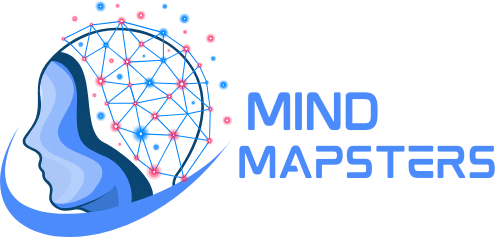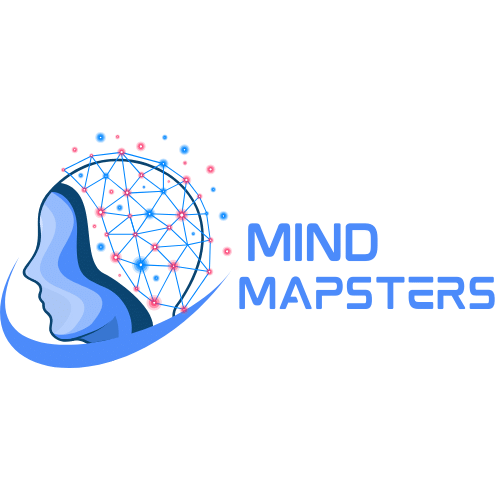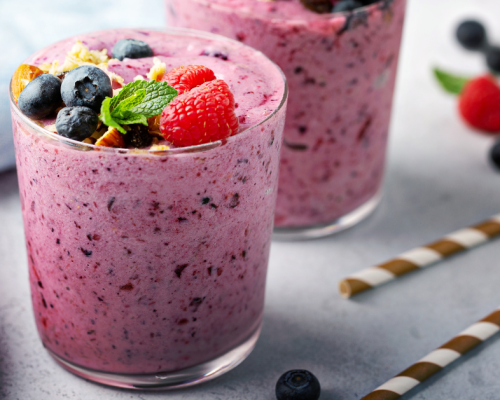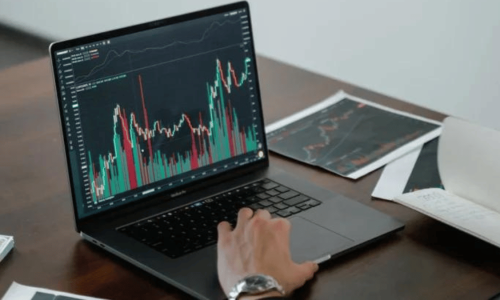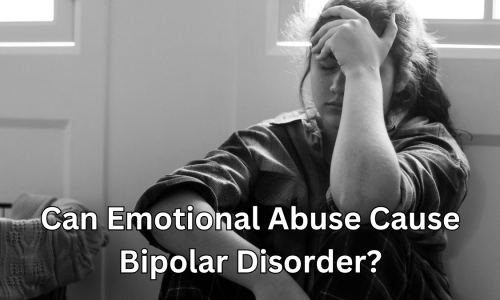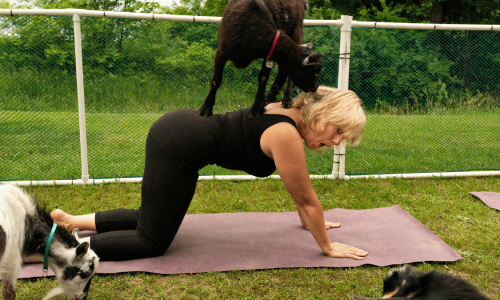Coffee has been loved worldwide since the 1500s. Today, 64% of adults in the U.S. drink it every day. We love its taste and how it helps us wake up, focus, and even remember better. Coffee also has health benefits.
But, too much of a good thing can have downsides. The caffeine in coffee, while energizing, can cause “jitters” and anxiety for some. This makes people wonder if switching to decaf could let them enjoy coffee without worry.
In this article, we’ll explore how coffee, caffeine, and anxiety are connected. We’ll see if decaf is a less anxiety-inducing choice. Let’s get into the world of coffee, and find out if decaf coffee causes anxiety or not.
You Might Also Like: How to Help Wisdom Teeth Swelling?
Table of Contents
ToggleHow is Decaf Coffee Made?
Decaf coffee starts at the same place as regular coffee: the beans. But before they’re roasted, these beans go through a special process to remove most of their caffeine. There are a few ways to do this:
Chemical Solvents: This common method uses chemicals like ethyl acetate or methylene chloride. First, the beans get steamed to open up their pores. Then, they’re washed with a chemical that sticks to the caffeine and pulls it out. The goal is to keep the coffee tasting good.
Swiss Water Process: This method is all about keeping it natural, with no chemicals. The beans are soaked in hot water to get the caffeine out. Then, the water is filtered to catch the caffeine, leaving behind flavorful water. This same water is then used to soak new beans, making sure the coffee’s taste stays strong but without the caffeine.
Each method tries to keep the coffee’s flavor while getting rid of caffeine. But because of these processes, decaf coffee might taste a bit different from regular coffee.
Can Caffeine Trigger Anxiety?
Caffeine wakes you up, and that’s why people love their morning coffee. But, too much caffeine can lead to side effects, one of them being anxiety. Caffeine stimulates your brain and nervous system, which can make you feel more awake and alert. However, in higher doses, it can also lead to feelings of nervousness, restlessness, and even anxiety.
For some people, even small amounts of caffeine can trigger these symptoms, especially if they’re sensitive to caffeine or already prone to anxiety. It’s important to understand your own body’s reaction to caffeine. If you find that caffeine makes you feel anxious, jittery, or uncomfortable, it might be worth considering reducing your intake or switching to decaf.
Remember, everyone’s sensitivity to caffeine is different, so what works for one person might not work for another. It’s all about finding the right balance for you.
Does Your Body Notice the Amount of Caffeine in Decaf?
Decaf coffee contains a small amount of caffeine, but it’s usually not enough to affect most people. However, some individuals may be highly sensitive to caffeine and experience symptoms like a rapid heartbeat, jitters, or anxiety.
Certain medical conditions, such as sleep disorders or liver diseases, can also be impacted by decaf coffee. Additionally, caffeine can interact with certain medications. If you’re concerned about caffeine’s impact on your health, consult a healthcare professional.
The method of decaffeination can also affect the final caffeine content. For example, the Swiss Water Process removes up to 99% of caffeine, making it a suitable option for those highly sensitive to caffeine. When in doubt, check with a healthcare professional for personalized advice.
Does Decaf Coffee Cause Anxiety?
Decaf coffee is often chosen by those who want to enjoy coffee without the side effects of caffeine, like jitteriness or anxiety. However, the relationship between decaf coffee and anxiety isn’t straightforward.
- It’s important to understand that decaf coffee does contain some caffeine, though in much smaller amounts than regular coffee. A typical cup of decaf has about 2–5 milligrams of caffeine, compared to 95 milligrams in a regular cup. For most people, this small amount of caffeine in decaf coffee isn’t likely to cause anxiety. But for those who are particularly sensitive to caffeine, even this reduced amount might trigger symptoms like restlessness or nervousness.
- In addition to caffeine, decaf coffee contains other compounds that could potentially contribute to feelings of anxiety. These include theophylline and theobromine, both of which have stimulant effects. Moreover, some decaf coffee brands use chemical solvents in the decaffeination process, and while these are generally safe in small amounts, certain individuals might be sensitive to them.
- For those who love the taste of coffee but are concerned about anxiety, decaf can be a good alternative. To minimize potential anxiety, it’s advisable to choose high-quality decaf coffee made using natural decaffeination processes, such as the Swiss Water Process or the CO2 method. These methods are less likely to leave behind chemical residues. Also, opting for a low-acidity decaf coffee can help, as high acidity might exacerbate anxiety symptoms.
- Remember, moderation is key. Even though decaf has less caffeine, consuming it in large amounts could still lead to increased anxiety and other negative effects. It’s also wise to be mindful of other sources of caffeine in your diet, like tea, soda, or chocolate.
If you’re experiencing anxiety after drinking decaf coffee, consider reducing your overall coffee intake or switching to a different beverage. And if you have concerns about how caffeine affects your health, especially about anxiety, consulting a healthcare professional is always a good step.
Conclusion
So, decaf coffee can cause anxiety in some people due to its small caffeine content. However, most people won’t be affected. To be safe, choose decaf coffee made with natural methods like the Swiss Water Process and check for other ingredients that might impact anxiety.
Pay attention to how your body reacts and consult a healthcare provider if needed. Remember, coffee should be enjoyable and fit your health and lifestyle.
